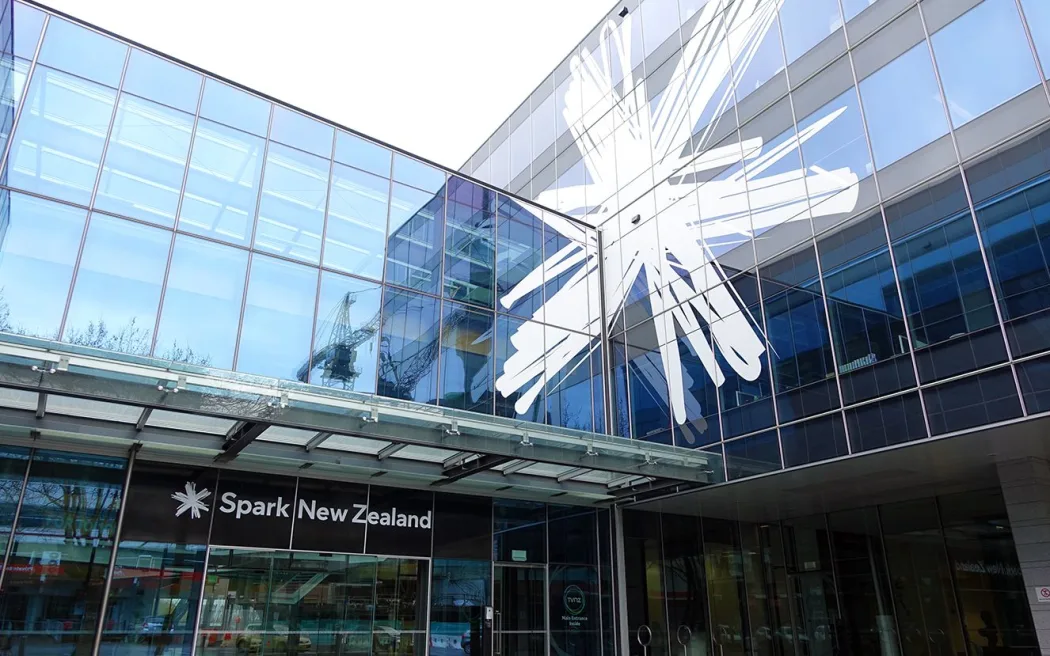Spark, one of New Zealand’s largest telecommunications companies, has announced a significant restructuring plan aimed at reducing its labor costs by $50 million. This decision, which has sent ripples through the company, will affect hundreds of employees.
The move comes as Spark faces mounting pressure to stay competitive in a rapidly changing market. With new technologies emerging and customer expectations evolving, the company is seeking to streamline its operations and improve efficiency. However, the human cost of this decision is substantial.
For many Spark employees, this news is unsettling. The uncertainty of job security is stressful, particularly in an economic climate where finding new employment is challenging. The affected employees range from technical staff and customer service representatives to management roles. Each of these roles contributes to Spark’s daily operations and overall success, making the news of potential layoffs even more poignant.
Spark’s leadership has acknowledged the difficulty of the decision. CEO Jolie Hodson stated, “This is not a step we take lightly. We recognize the impact this will have on our people, and we are committed to supporting them through this transition.” She emphasized that the cost-cutting measures are necessary for the company’s long-term sustainability.
In addition to the layoffs, Spark plans to invest in new technologies and automation as part of its broader strategy to stay ahead in the competitive telecommunications industry. While these advancements could lead to more efficient services for customers, they also mean that some roles traditionally held by people may no longer be needed.
For the employees facing redundancy, Spark has promised to provide support, including severance packages and career transition services. However, the reality remains that hundreds of individuals will soon be navigating the job market, likely competing with one another for similar roles.
As the news of the layoffs spreads, industry experts and analysts are weighing in on what this means for the broader telecom sector in New Zealand. Some see Spark’s move as a necessary step in an increasingly digital world, while others express concern about the human impact of such cost-cutting measures.
For Spark, the challenge now is to manage this transition in a way that minimizes disruption while also ensuring that the company remains resilient and capable of delivering the high-quality services its customers expect. For the employees, the focus will be on finding stability in the face of uncertainty, a task made all the more difficult by the current economic climate.
In the end, Spark’s decision reflects a broader trend in many industries where companies are grappling with the balance between technological advancement and the welfare of their workforce. As these changes unfold, the human stories behind the headlines will continue to shape the narrative of New Zealand’s evolving job market.


